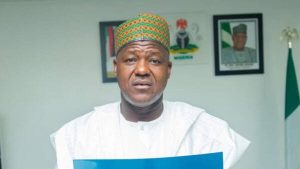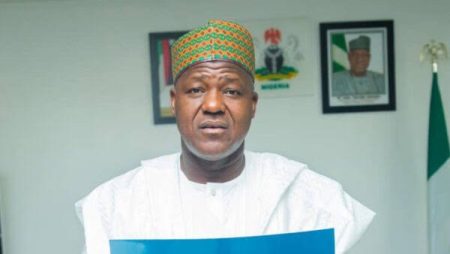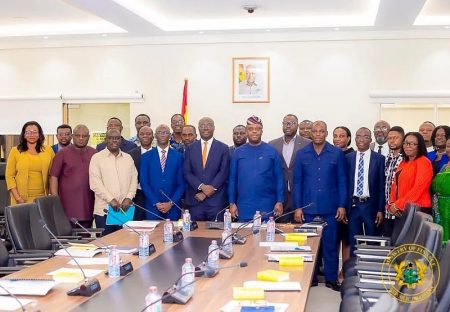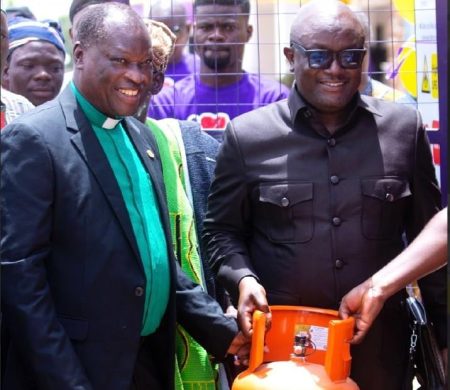Ghana’s economic landscape is showing promising signs of recovery and stabilization, according to Dr. Johnson Pandit Asiama, the Governor of the Bank of Ghana. His assessment, delivered at the 125th Monetary Policy Committee (MPC) Meeting, highlights significant progress in restoring fiscal stability after a period of economic challenges. This positive trajectory is supported by encouraging macroeconomic indicators presented in the 2025 Mid-Year Budget Review, painting a picture of improved fiscal health and a more robust economic outlook.
The cornerstone of this progress is attributed to prudent fiscal management, characterized by tighter controls on public spending and effective policy implementation. The 2025 Mid-Year Budget Review reveals a primary surplus of 1.1% of GDP, surpassing the 0.4% target. This achievement, coupled with a reduction in the overall fiscal deficit to 0.7% of GDP and a remarkable 14.3% decrease in actual expenditures compared to the target, underscores the government’s commitment to fiscal discipline and responsible resource allocation. These positive fiscal indicators contribute significantly to building investor confidence and fostering a stable macroeconomic environment.
Furthermore, Ghana has achieved a substantial reduction in its public debt stock, a significant milestone in the country’s economic recovery. A 15.6% decrease in the first half of the year has pushed the debt-to-GDP ratio down to 43.8%, a clear indication of progress towards debt sustainability. This achievement not only reduces the burden of debt servicing but also frees up resources for critical investments in social programs and infrastructure development, crucial for long-term economic growth. The combination of fiscal prudence and debt reduction creates a solid foundation for sustainable economic progress.
Beyond fiscal improvements, other positive developments contribute to the optimistic outlook. The strengthening of the cedi, coupled with an increased trade surplus and a rebound in economic activity, further reinforces the positive momentum. These indicators suggest a revitalized economy gaining traction and benefiting from improved macroeconomic conditions. The strengthened cedi contributes to price stability, while the increased trade surplus indicates growing competitiveness in international markets, further bolstering economic growth.
However, despite these positive developments, Dr. Asiama cautioned the MPC to remain vigilant about potential risks that could disrupt the ongoing recovery. Exchange rate volatility remains a concern, as fluctuations can impact import costs and inflation. Global oil price shocks, a constant threat to economies reliant on imported oil, could undermine price stability and impact overall economic performance. Furthermore, the potential impact of new taxes on inflation expectations warrants careful consideration and monitoring.
In conclusion, while Ghana’s economic outlook appears promising, navigating these potential challenges requires continued vigilance and proactive policy adjustments. Maintaining fiscal discipline, closely monitoring external factors, and carefully managing the implementation of new policies will be crucial to consolidating the gains achieved and ensuring sustained economic growth and stability. The positive trajectory provides a strong foundation for future progress, but careful management of potential risks will be essential to realizing the full potential of Ghana’s economic recovery.














